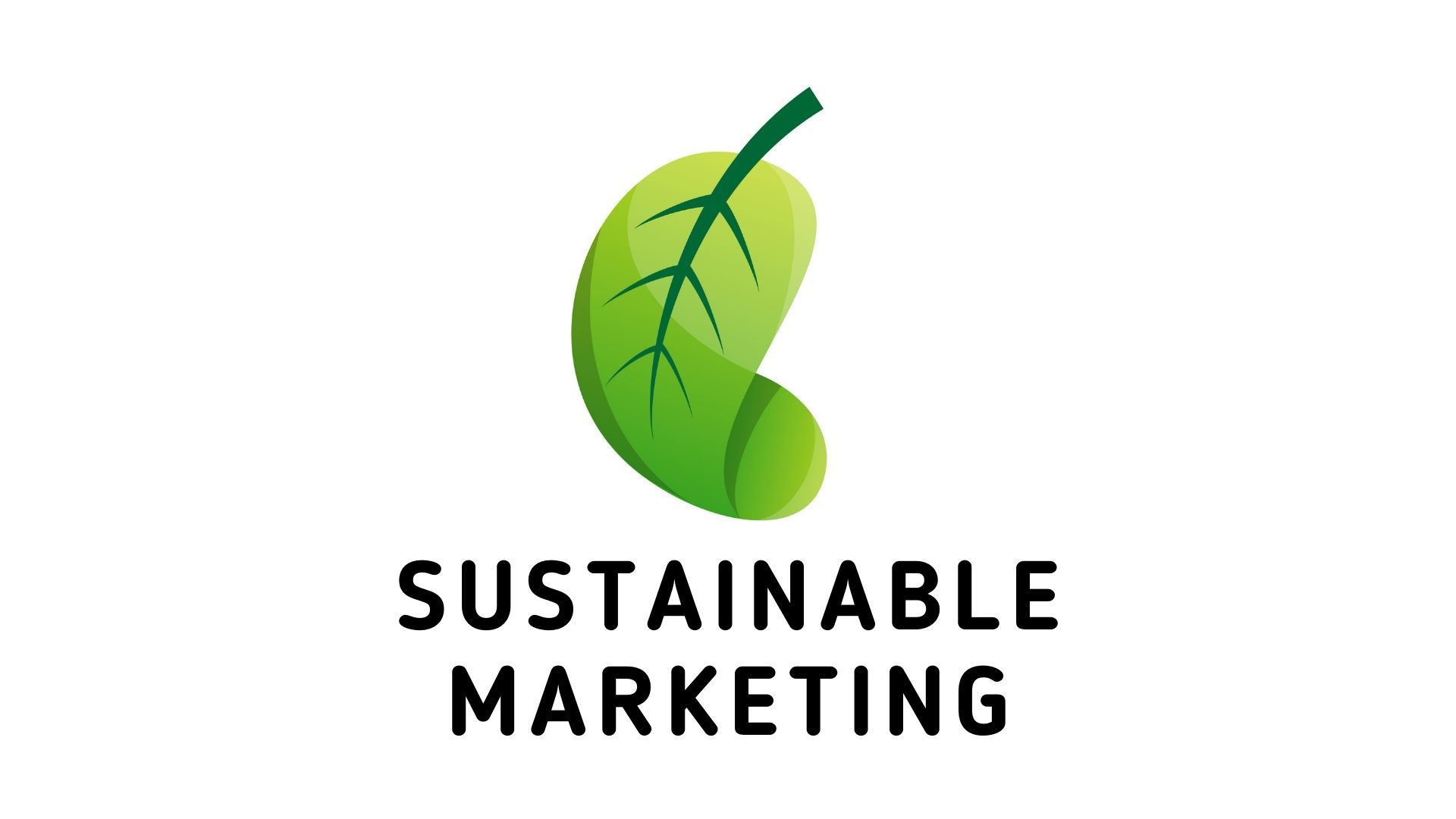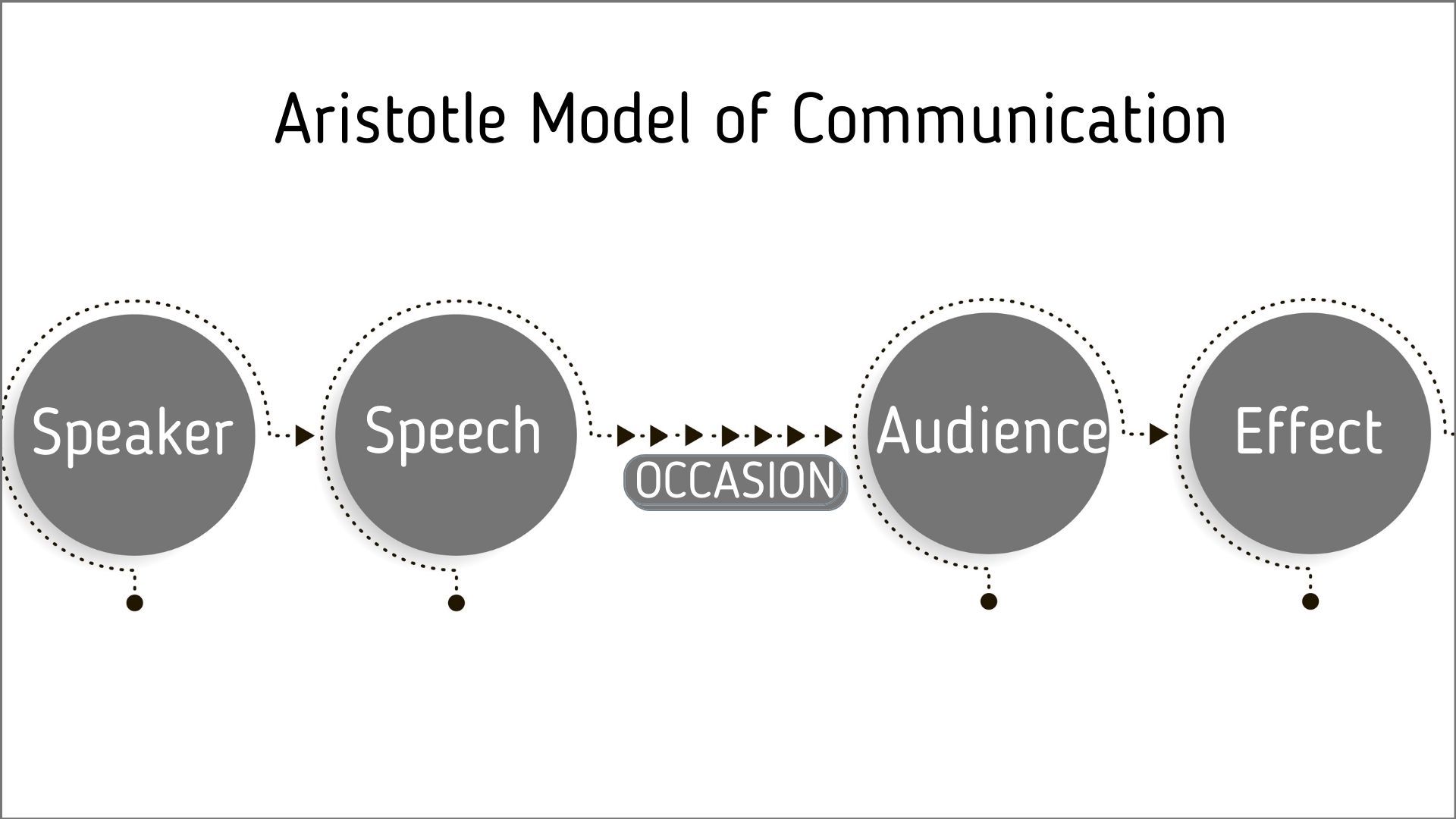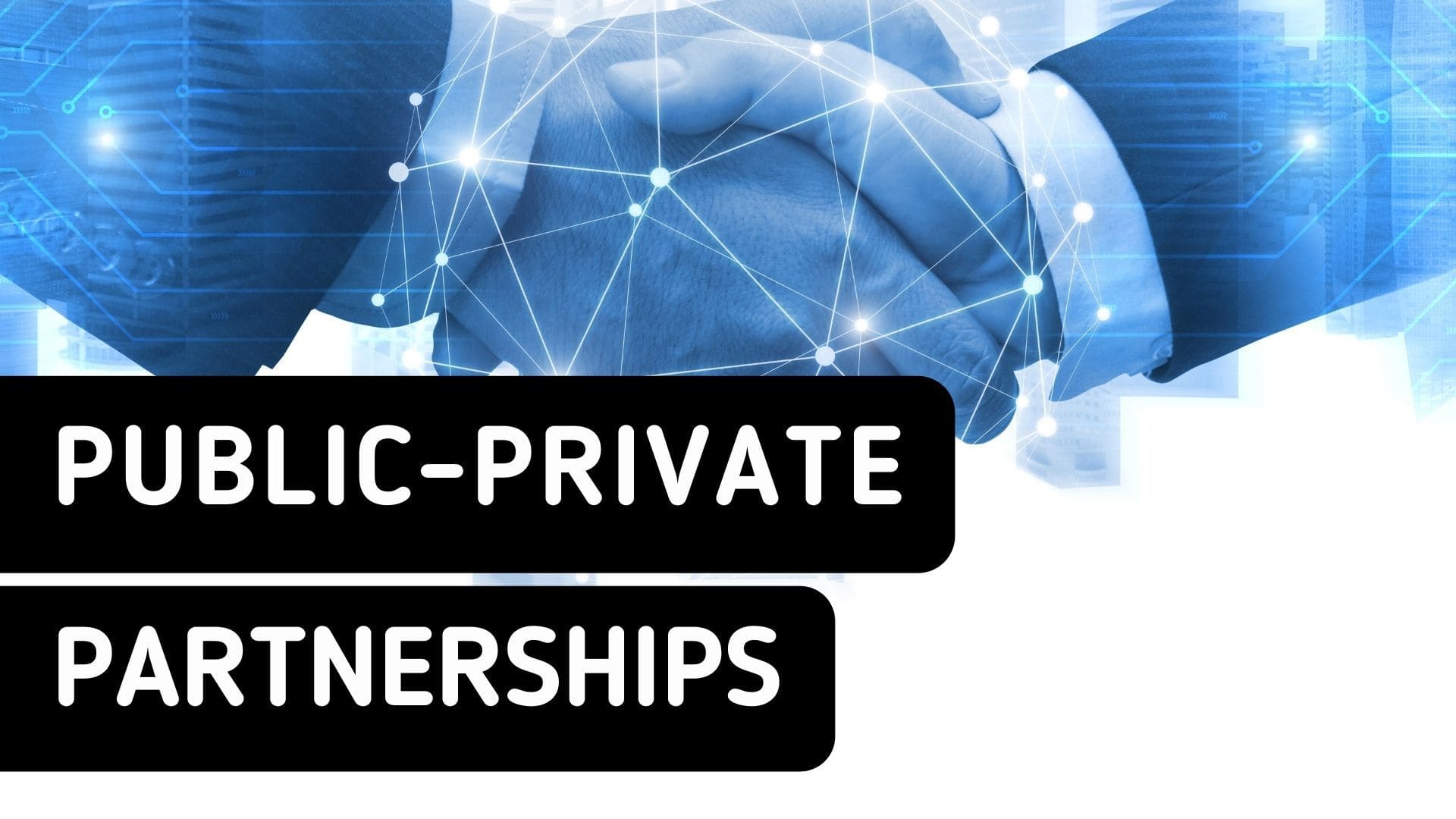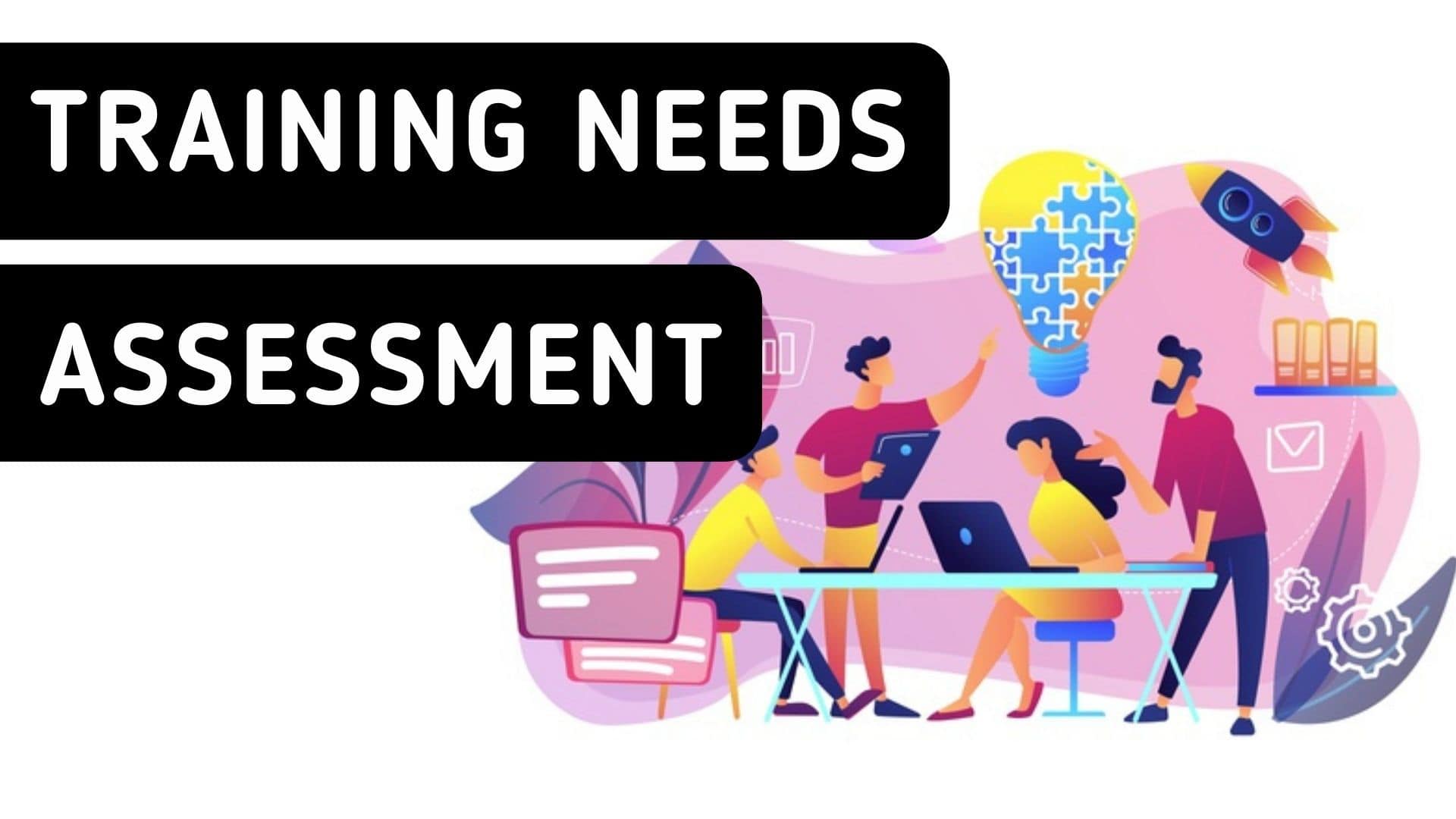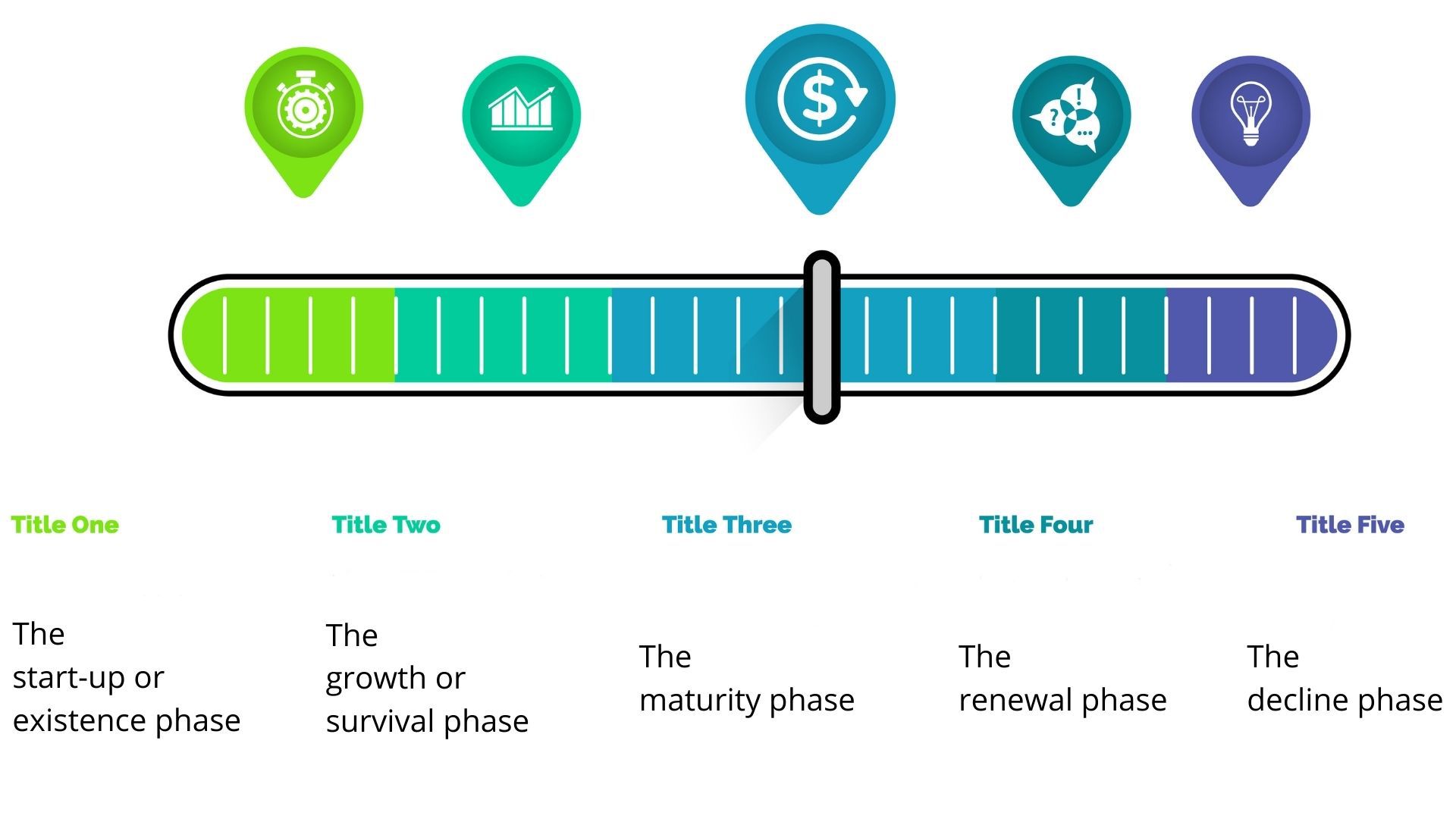What is Promotional Pricing? Promotional pricing is defined as a pricing strategy intended to attract interest and increase sales in the short term. Getting maximum…
Strategic Control – Types, Process and Contribution
Strategic control is defined as finding different methods to implement the strategic plan. It is unique to handle and intends to handle the unknown and…
Sustainable Marketing – Strategy, Importance and Principles
Sustainable marketing is using and promoting the environment to sustainable and socially responsible products, brand values, and practices. Businesses do not implement sustainable marketing for…
Aristotle’s Model of Communication: Definition and Examples
Aristotle’s Model of Communication is a unique communication tool proposed before 300 b.c by the Greek philosopher Aristotle. It is a linear model that puts…
Social Change – Meaning, Theories, Causes, Examples, Importance
What is Social Change? Social change is a concept that explains how the relationships and interactions of people can alter social and cultural values, norms…
Public-Private Partnerships – Meaning, Advantages and Disadvantages
Public-private partnerships are the ones in which a private company funds the construction of a public project in exchange for operating profits. Public-private partnerships can be…
Variable Pay – Definition, Meaning, Types, Importance and Advantages
Definition: Variable pay is any amount of money or sales compensation that is paid to employees on a variable basis and is not consistent but…
HR Specialist – Role, Responsibilities, Requirements, Salary and Educational Qualifications
An HR Specialist in an organization is responsible for enrolling, training, supporting, placing, keeping up records, and overseeing the performance of the employees of an organization….
Listening Skills Explained
Listening skills empower an individual in accurately receiving and interpreting different forms of information, message, or news in a communication process. Listening and hearing may…
Human Capital Management – Definition, Meaning, Functions, and Benefits
Human capital management is a process of hiring, retaining, managing, training, and upgrading the skills of the workforce for the growth and development of an…
Training Needs Assessment -Definition, Meaning, Advantages and Disadvantages
Definition: Training needs assessment is a process that identifies the present level of knowledge, skill, and competency and compares it with the required or established levels…
Organizational Life Cycle – Definition, Stages, Importance
Definition: Organizational life cycle, as the name suggests, is the life cycle of an organization from the point of its creation or onset to the point…
What is Self Image and How do we improve it?
Self Image is an assessment that an individual has about himself. It includes personal worth and an overview of his abilities, identity, qualities, traits, and…
Skill Acquisition – Definition, Importance and Three Stages
Definition: Skill acquisition is the interdisciplinary science specific to the knowledge of and about voluntary control over body segments and joint movements to solve a…
Performance Bonus – Meaning, Usage, Advantages and Disadvantages
Performance bonus is defined as a type of compensation that an organization provides to its employees who go beyond the scope of regular working hours…


